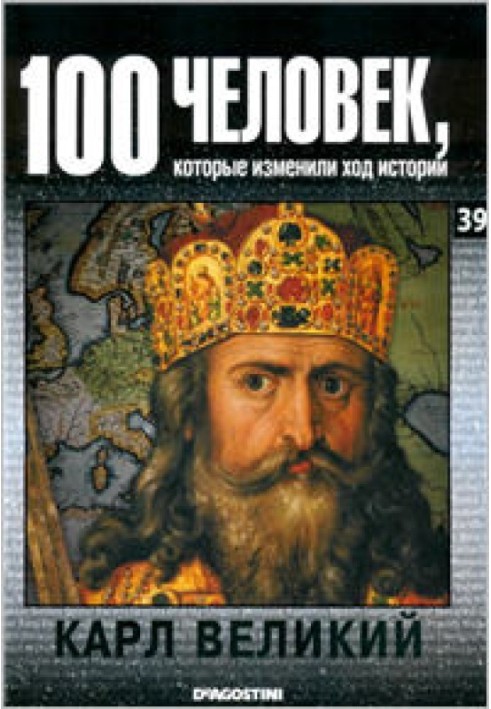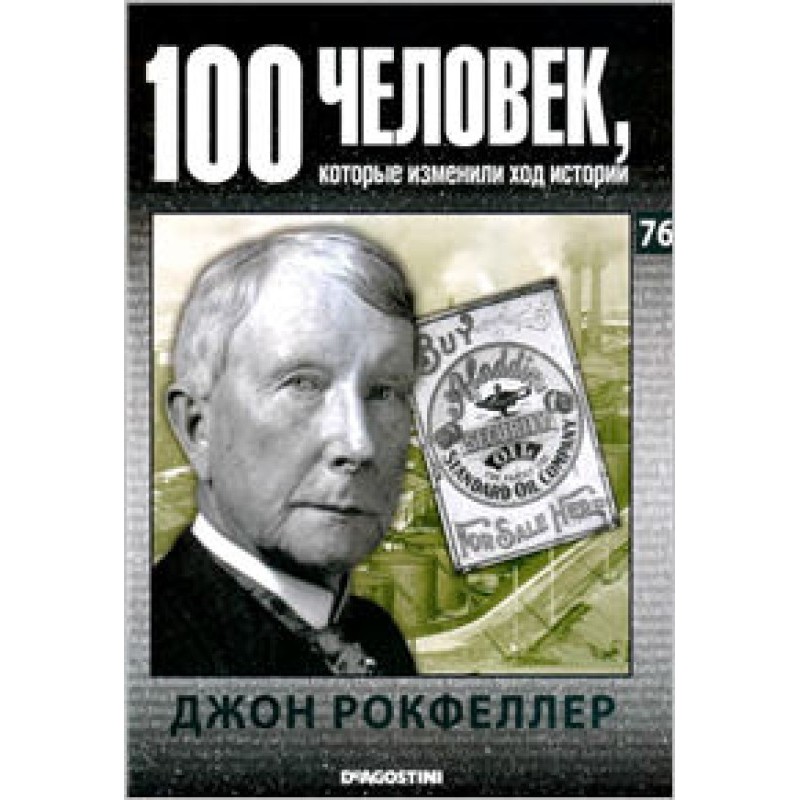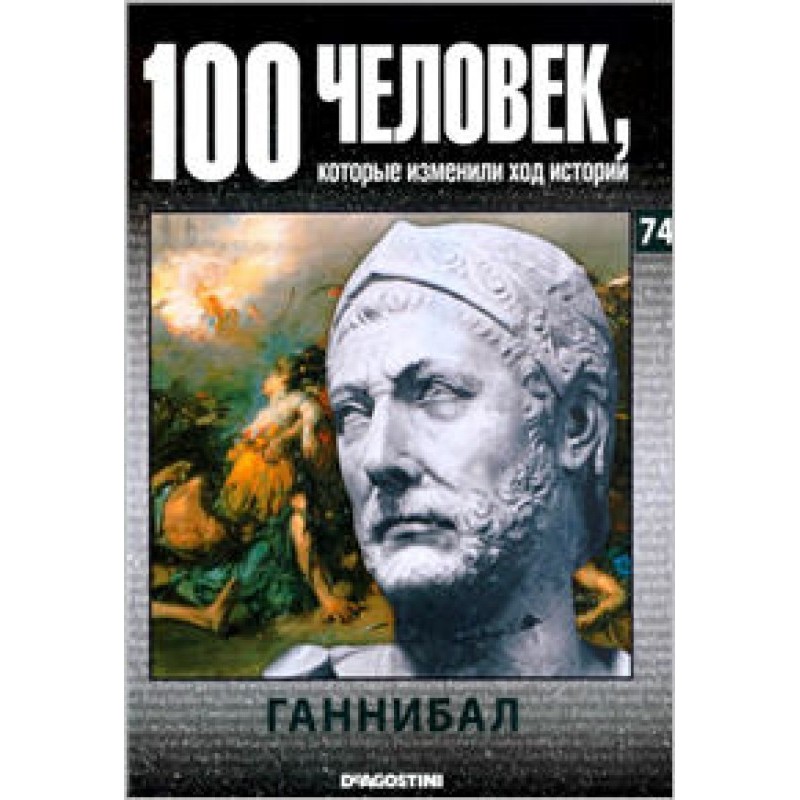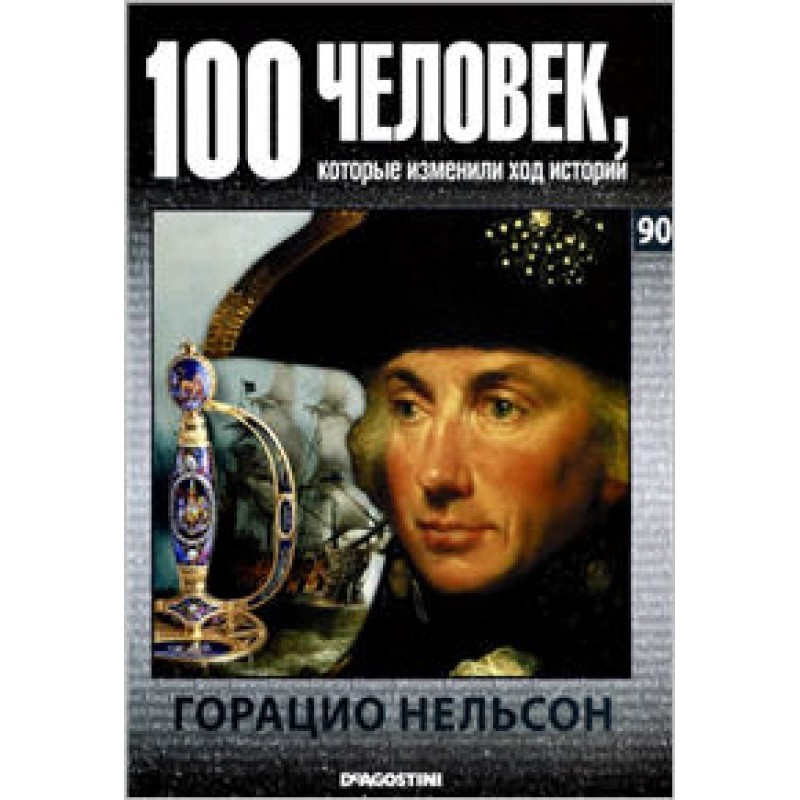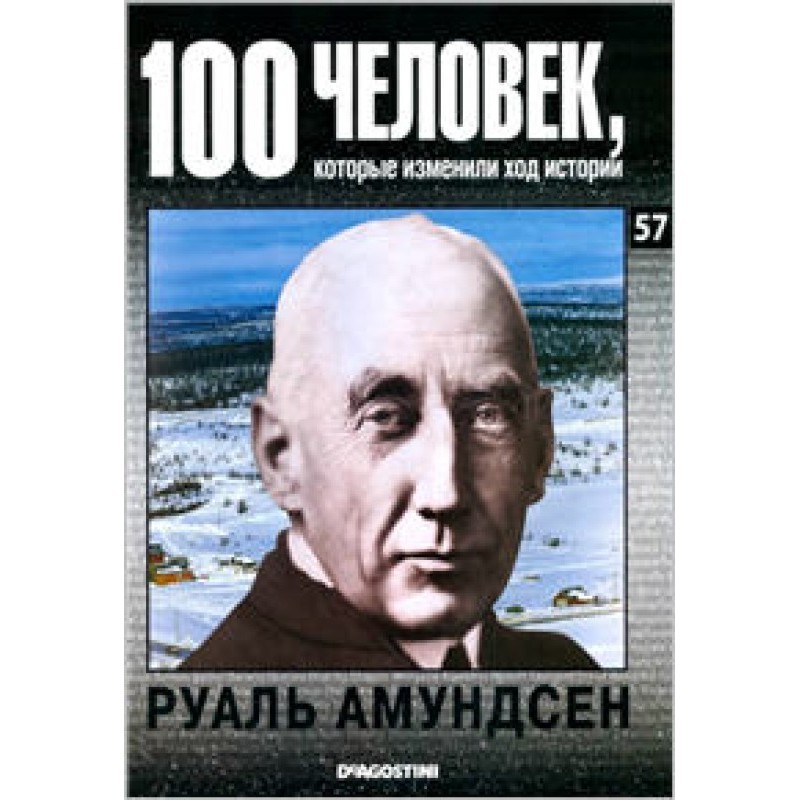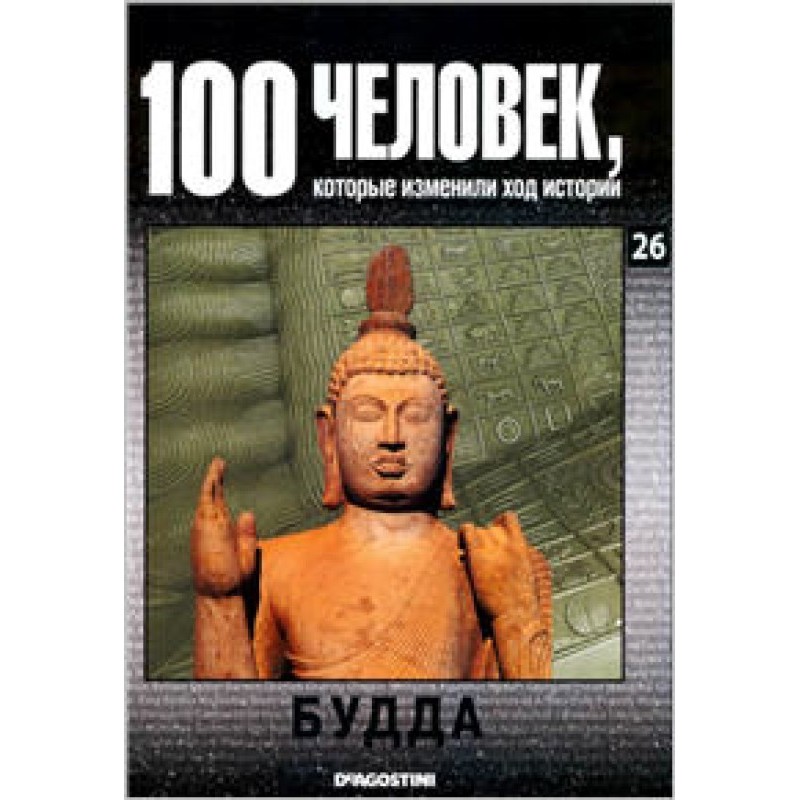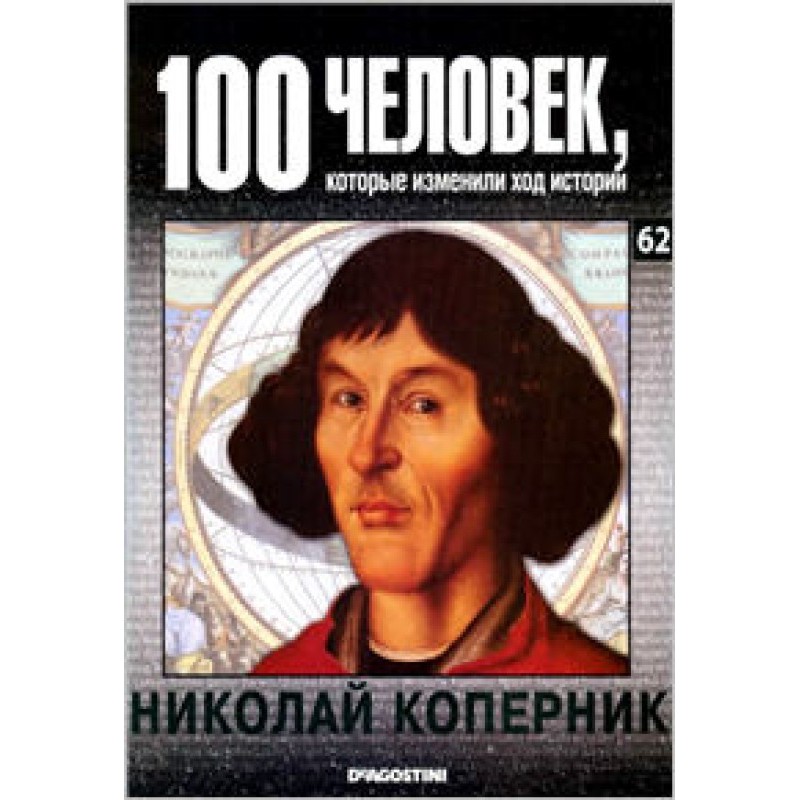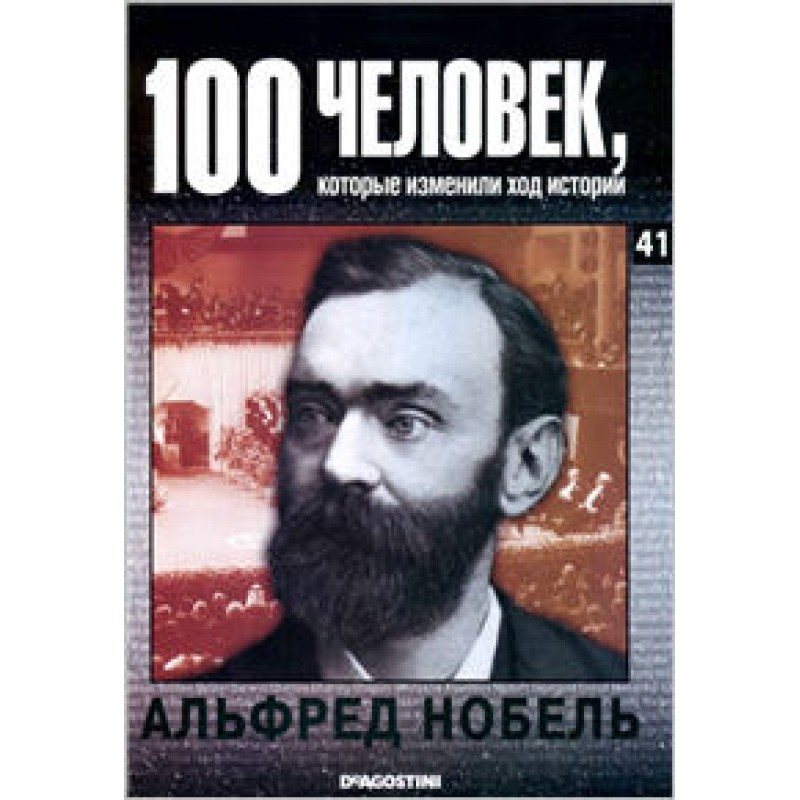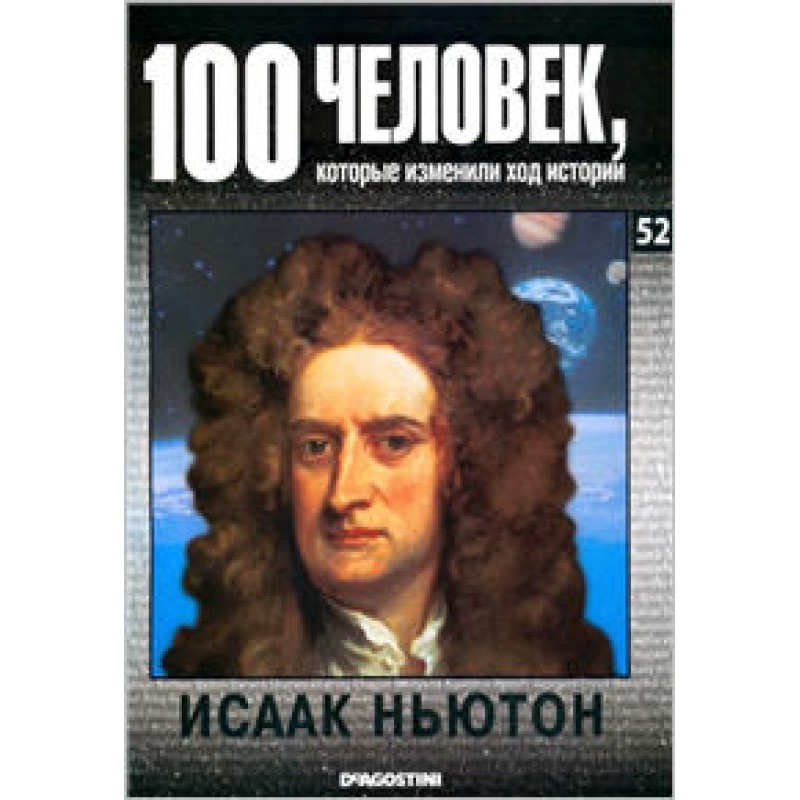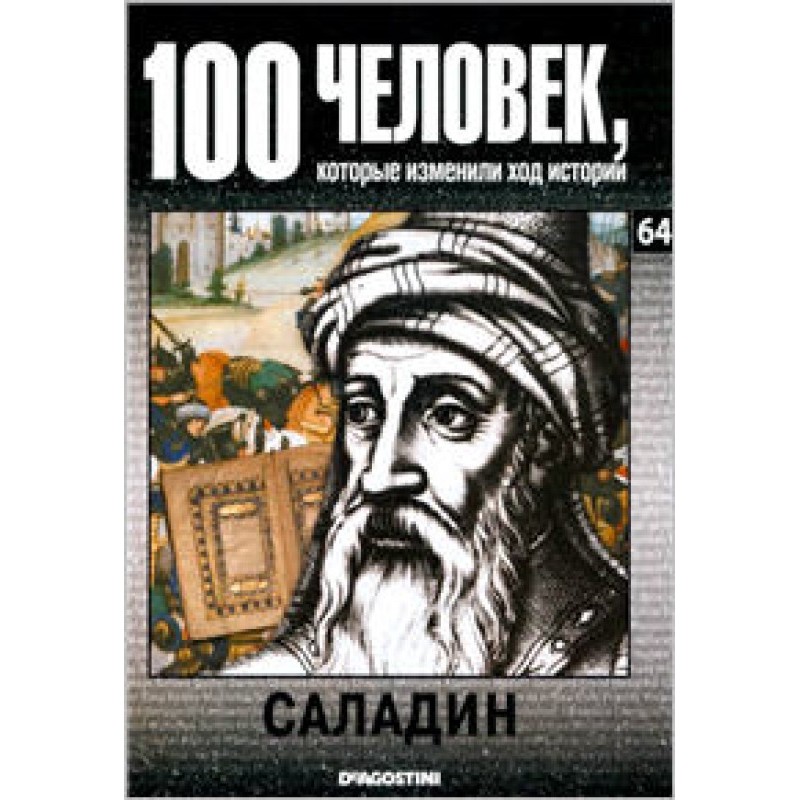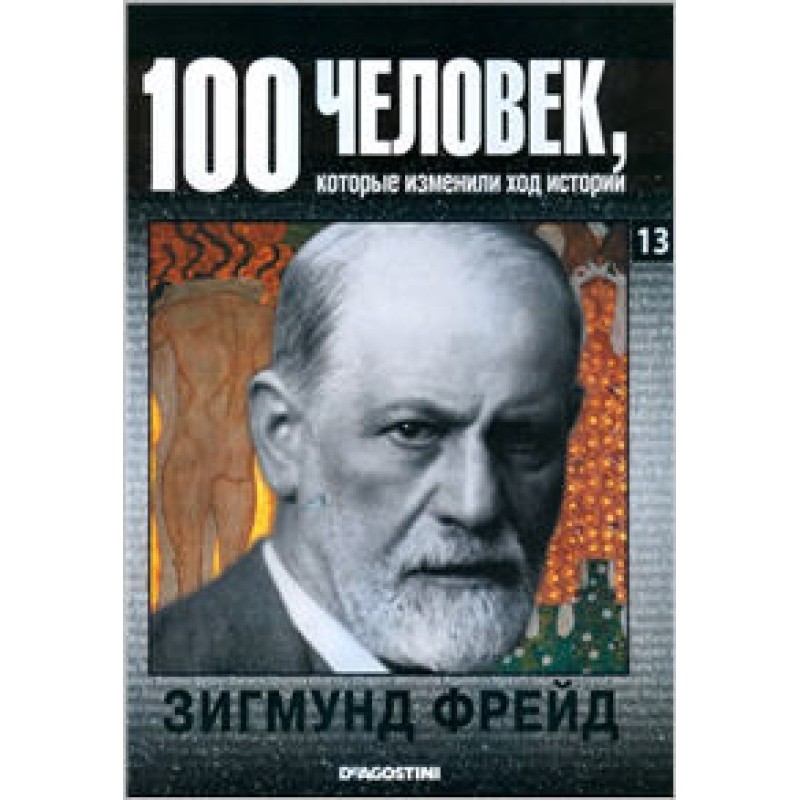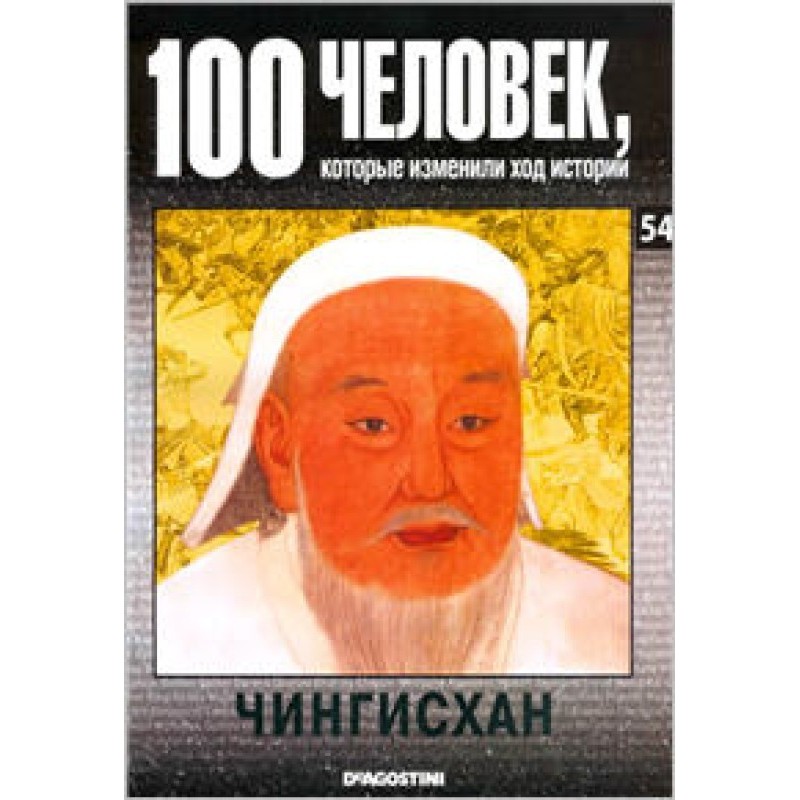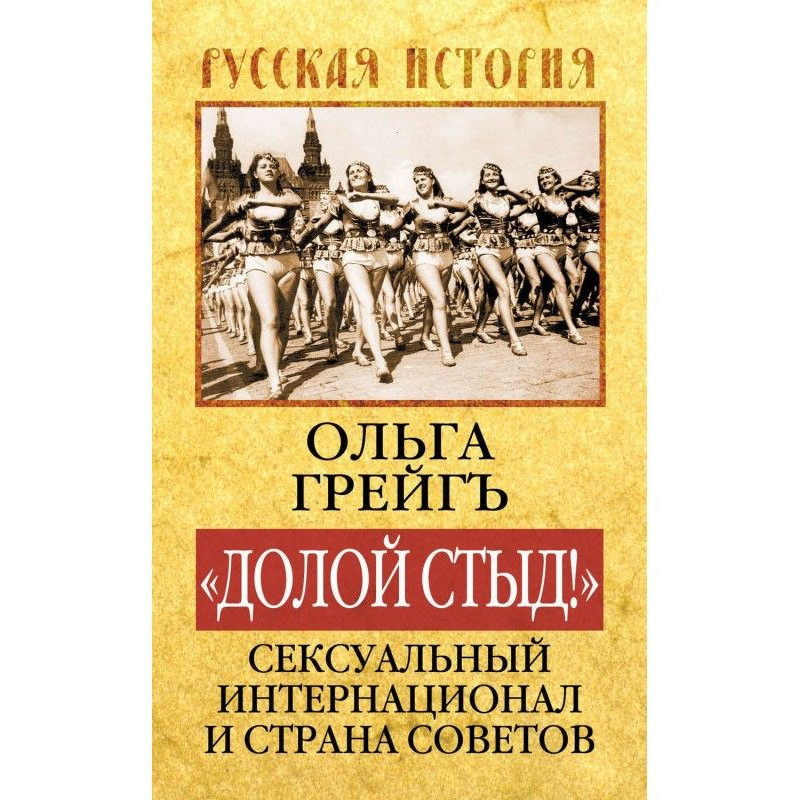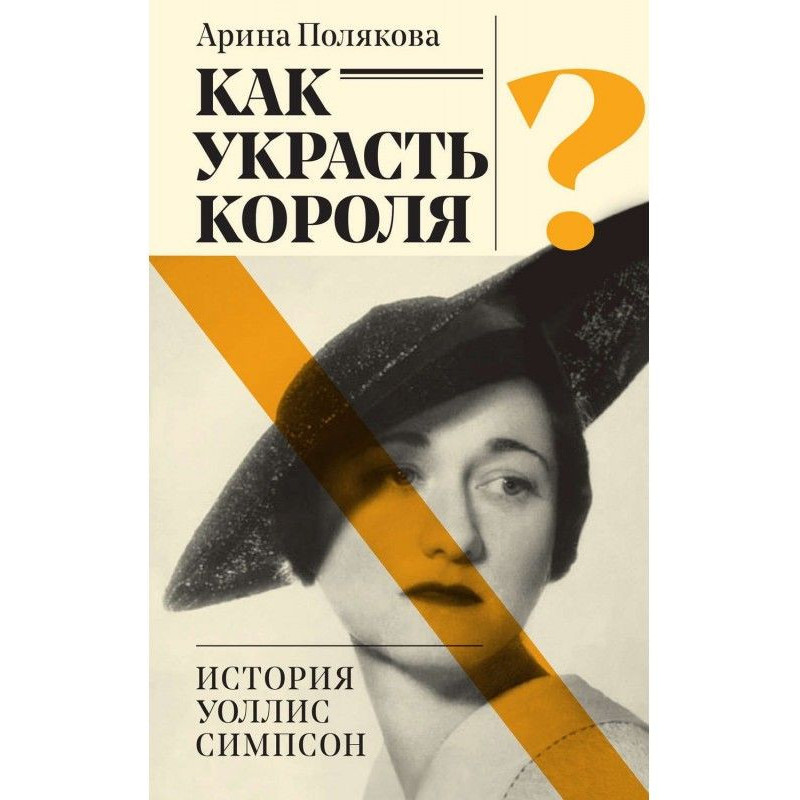Charlemagne
 Instant download
Instant download
after payment (24/7)
 Wide range of formats
Wide range of formats
(for all gadgets)
 Full book
Full book
(including for Apple and Android)
In the middle of the 1st millennium, “barbarian” kingdoms formed on the ruins of the Western Roman Empire. From the end of the 5th century, the Frankish state was ruled by the Merovingian dynasty, but little by little they were supplanted by the Carolingian family, which ultimately deprived them of even nominal power. In 768, the second Carolingian king, Charlemagne (742-814), ascended the Frankish throne. Having inherited vast possessions from his father, Charles set out to recreate the once collapsed Roman Empire. He rapidly annexed more and more lands to his possessions, receiving the crown of emperor from the Pope. As a result, he united under his rule vast territories of modern Germany, France, Italy and a number of other countries. With the help of weapons, Charles created a huge empire and sought to strengthen it by planting Christianity among the pagans. The subsequent fragmentation of this empire outlined the boundaries of future European powers. During the Renaissance, the early Middle Ages began to be called the “dark ages” - that is, the time when the Catholic Church suppressed any manifestation of freedom. In this sense, Charlemagne can be called the one who prepared the ground for the formation of the “Dark Ages”. After all, it was he who put Christian ideals at the basis of his empire, increased the role of the clergy in government, limiting the power of secular governors. Ultimately, this led to the idea that spiritual power was superior to secular power, and therefore secular sovereigns should obey the Pope. Meanwhile, Charlemagne spoke about the dual unity of these forces: the spiritual sword of the church must act in harmony with the secular sword of the sovereign. Charlemagne's influence on the subsequent development of Europe was also reflected in the fact that in many European countries hereditary rulers began to be called “kings” (from the Latin form of his name - Carolus).
Data sheet
- Name of the Author
- Анастасия Жаркова Евгеньевна
- Language
- Russian
Reviews
Велична епопея Карла Великого
Ця книга є неймовірним дослідженням життя та досягнень Карла Великого, одного з найзначніших правителів середньовічної Європи. Автор майстерно відтворює епоху, в якій жив Карл, описуючи не лише його політичні амбіції, але й культурні та соціальні зміни, які відбувалися під його правлінням. Читач має можливість зануритися в складні часи, коли на уламках Західної Римської імперії формувалися нові держави, і побачити, як Карл Великий, завдяки своїй рішучості та стратегічному мисленню, зумів об'єднати величезні території під своїм правлінням. Книга також порушує важливі питання про взаємодію церкви та держави, показуючи, як Карл намагався знайти баланс між духовною та світською владою. Це не лише історичний нарис, а й глибоке філософське осмислення ролі правителя в суспільстві. Я б рекомендував цю книгу всім, хто цікавиться історією Європи та хоче зрозуміти, як Карл Великий вплинув на формування сучасних державних структур. Це справжня знахідка для тих, хто цінує детальність та глибину історичного аналізу!

